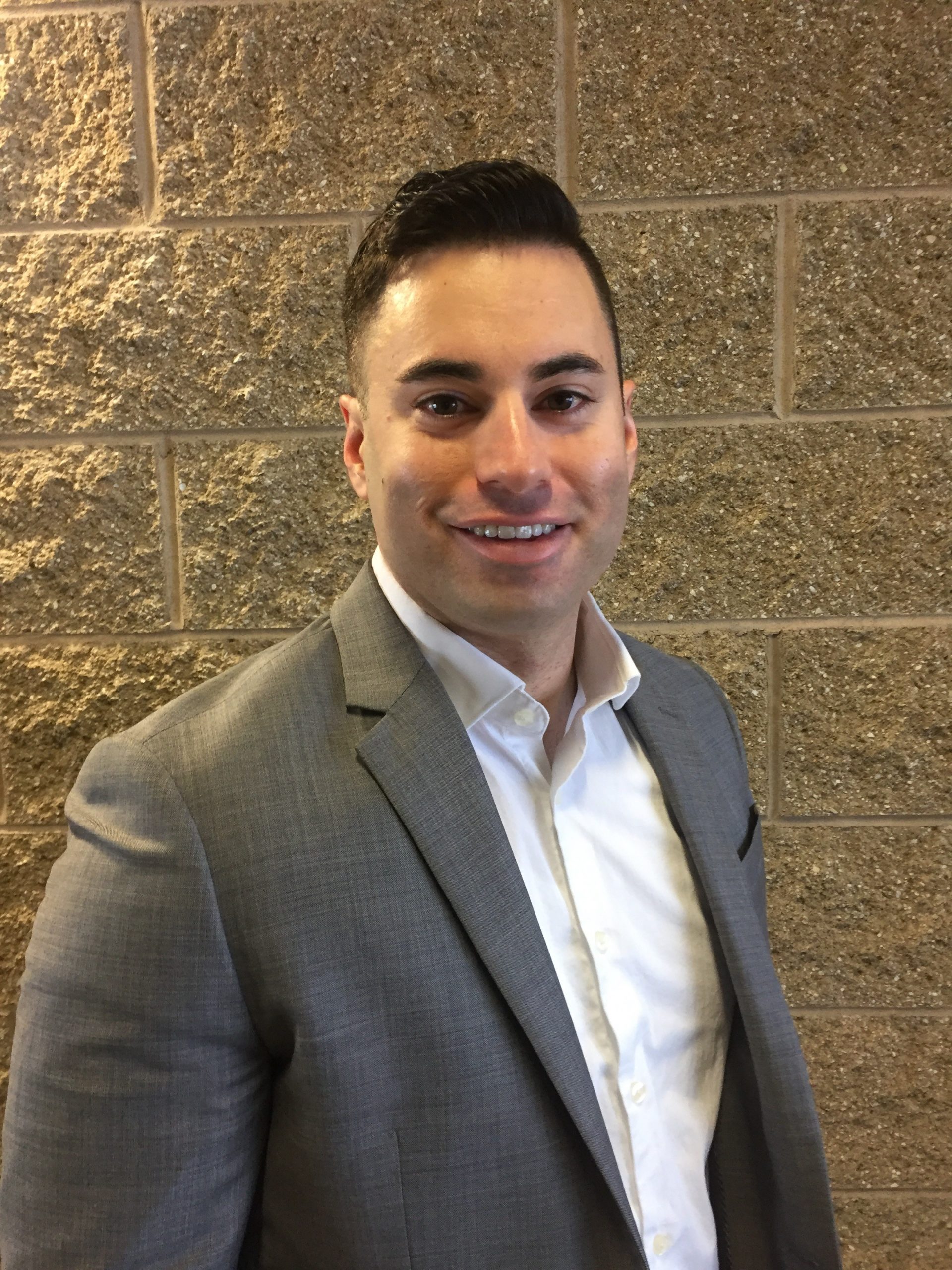Social media is more than just a place to share photos or connect with friends—it’s a powerful tool that can help addiction treatment centers reach those in need. Rehab facilities can use the fact that everyone is spending time on these social networking platforms to build trust within the community and give resources to those who need them.
The reason social media is such a powerful marketing tool for addiction treatment centers is because it provides a direct platform to reach individuals who may be struggling with addiction. It is also possible to connect with loved ones who are seeking help on behalf of a family member.
These popular platforms allow treatment centers to share valuable content, such as success stories, educational resources, and information about their services. Additionally, social media enables targeted advertising, which means rehab centers can target specific demographics and areas where their services are most needed.
The interactive nature of social media fosters a spirit of community. This helps fight the stigma associated with addiction and rehab.
With all that said, effective social media marketing requires a delicate balance of sensitivity, professionalism, and strategic thinking. Here we will explore how addiction treatment centers can harness the power of social media to reach their target audience and create meaningful impact.
Understanding the Audience
Before diving into the specific strategies, it’s important to understand the unique audience addiction treatment centers serve. This audience includes:
- Individuals Seeking Help: People struggling with addiction often look to social media for support, and information
- Families and friends: Loved ones of those struggling with addiction frequently search for resources and guidance on how to help.
- Healthcare Professionals: Other professionals in the field may seek to collaborate, share resources, or refer clients.
The content shared must be sensitive, supportive, and informative, with a focus on building trust and providing hope.
Creating Compassionate Content
Social media is the perfect platform for content marketing and search engine optimization (SEO). But rehab centers must remember to use compassion when creating social media content. This is crucial because it acknowledges the vulnerability of people struggling with addiction and promotes a supportive environment.
Compassionate content can help reduce stigma, making it easier for people to seek help without fear of judgment. By addressing the emotional and psychological challenges faced by those in recovery, compassionate messaging fosters trust and encourages engagement.
It also reflects the empathy and care that are essential to effective treatment. It signals that the center understands the complexities of addiction and is committed to providing personalized, respectful care. This approach can lead to stronger connections with both potential clients and their families. This will ultimately enhance the center’s societal impact.
When crafting content, it’s essential to maintain a compassionate tone. Avoid any language that could be stigmatizing or judgmental.
Sharing Success Stories
Social media marketing can be highly effective for addiction treatment centers when sharing success stories. This is because these narratives provide a powerful and personal connection with potential clients.
By showcasing real-life experiences of patients who have overcome addiction through the center’s programs, these stories can inspire hope among those seeking help. It even makes it easier for them to trust the facility since they can already see its track record.
Success stories serve to humanize the treatment process, breaking down stigma and demonstrating that recovery is possible. These stories can be shared in various formats—videos, written testimonials, or interviews—allowing the audience to engage with the content in the way that resonates with them the most.
Leveraging these authentic stories not only strengthens the center’s reputation but also builds a supportive online community that encourages others to take the first step toward recovery.
Providing Educational Resources
Compassionate content is important, but it should also be educational.
By sharing informative content about addiction, mental health, and the recovery process, treatment facilities can position themselves as trusted authorities in the field. Educational resources like articles, infographics, and videos not only raise awareness about the signs and dangers of addiction but also offer practical advice on seeking help.
This approach helps build the treatment center’s image as a reliable source of valuable information for potential clients and their families. It is important to establish yourself as more than just a service provider as it will allow more people to put their faith in you.
Educational content can even drive engagement, encouraging users to share the information with their networks, thereby expanding the center’s reach. If patients can learn about addiction and treatment through your social media posts, they will be more likely to choose your facility when it’s time to start their recovery journey.
Posting Supportive Messages
In order to succeed in digital marketing, addiction treatment centers must focus on creating a supportive and empathetic online community. To do this, you need more than informative blog posts and articles.
Social media marketing is versatile enough that you can share educational content along with your more motivational posts. Posting messages that encourage recovery, offer words of encouragement, and celebrate small victories can be incredibly powerful.
For example, daily affirmations or reminders that “every step forward is progress” can motivate people who are struggling with addiction. Aside from sharing real-life success stories and testimonials, you can also provide tips and coping strategies that helped other patients in the past. These could inspire people in recovery to keep pursuing their own sobriety.
Even simple inspirational messages can help make people feel supported in their recovery journey.
Conducting Live Q&A Sessions
Conducting live Q&A sessions on social media is another powerful strategy for addiction rehab facilities. This allows them to engage with their audience, build trust, and provide valuable information—all within one session.
Live Q&As create an interactive platform where individuals can ask questions in real-time. This way, they can express their concerns while treatment centers debunk myths and offer guidance on addiction and recovery.
By featuring experienced professionals such as therapists, counselors, and addiction treatment experts, the rehab facility can humanize its services. They can even invite former patients to share their personal stories of struggle and recovery. This can make the treatment center a lot more approachable in the eyes of prospective clients.
Promoting these live sessions in advance across various social media channels can help maximize reach and engagement.
During the session, the center can gather insights into common questions and concerns, which can inform future content and marketing strategies. Ultimately, live Q&A sessions foster a sense of community and support, encouraging those struggling with addiction to seek help.
Building a Community
A successful social media strategy for addiction treatment centers goes beyond merely posting content; it’s about cultivating a supportive and engaged community.
This approach involves creating a safe space where individuals feel comfortable sharing their experiences, seeking advice, and offering support to others. By regularly posting educational content, success stories, and motivational messages, treatment centers can inspire hope and encourage dialogue among followers. But it is also crucial to actively engage with the audience by responding to comments, asking questions, and hosting live sessions or Q&As with experts.
This not only builds trust but also fosters a sense of belonging, which is essential for people in addiction recovery. The goal is to create a community where people feel connected, supported, and empowered to take positive steps toward their recovery journey.
Here is how you can improve your social media strategy to build your community online:
Engage Regularly
Engaging regularly on social media is crucial for building a strong community.
Consistent interaction makes you a familiar face in the eyes of your future clients and their loved ones. Positive interactions help establish trust. Every time you post new content, make sure to respond promptly to comments and messages. This demonstrates a commitment to the well-being of your community members.
By engaging with your audience, you can foster a sense of belonging while encouraging ongoing dialogue.
Engaging regularly can also involve sharing updates on treatment options and celebrating milestones within the community. This can further deepen connections and inspire hope. Consistent, thoughtful engagement not only attracts more followers but also builds a network of advocates who can share your message and extend your reach.
Collaborate with Influencers
Collaborating with influencers in social media marketing is another way to build a supportive and engaged community. Influencers who have personal experiences with addiction recovery or those who are advocates for mental health can authentically connect with their followers, many of whom might be seeking help or know someone who needs it.
By partnering with these influencers, treatment centers can reach a broader audience. Influencers can help you spread your positive messages, informative content, and success stories.
These collaborations can also help destigmatize addiction, as influencers share their journeys or highlight the importance of seeking treatment. The key is to ensure that the partnership is genuine and aligned with the center’s mission, focusing on promoting recovery, hope, and healing rather than simply marketing services.
Create Support Groups
Creating support groups through social media can be a transformative strategy for both addiction treatment centers and the people who are looking for help online. By establishing dedicated online groups, centers provide a platform for individuals to share experiences, seek advice, and offer mutual support in a safe and understanding environment.
These virtual spaces facilitate real-time communication and foster a sense of belonging among participants, who may otherwise feel isolated in their recovery journey.
Through regular, interactive posts and live sessions, treatment centers can offer valuable resources like coping strategies and expert advice, while also encouraging peer interactions that bolster motivation and resilience.
Support groups are also perfect for breaking down the stigma associated with addiction by opening up conversations about the topic. This ultimately allows you to create a more informed and compassionate community where people are not afraid to get the help they need for their substance use disorder.
Measuring Success
Measuring the success of your social media marketing campaign involves evaluating both quantitative and qualitative metrics to assess the effectiveness of campaigns in reaching and engaging with their target audience.
Quantitative metrics include tracking engagement rates such as likes, shares, comments, and the number of followers. These metrics provide insights into how well the content resonates with the audience and how effectively it is driving interactions.
Monitoring website traffic, conversion rates, and the number of inquiries or appointments generated from social media channels can also offer a direct measure of the campaign’s impact on attracting potential clients.
On the other hand, qualitative metrics are equally important and involve assessing the sentiment and feedback from the audience. This includes analyzing comments and messages to understand how the content is perceived.
Rehab centers should assess whether their efforts are actually helping them foster a supportive community. Success can also be measured by the extent to which the content raises awareness about addiction treatment and educates the public.
Gathering testimonials, success stories, and case studies from those who have benefited from the center’s services can provide valuable insights into the real-world impact of your social media efforts.
Work with MasterMindSEO
Social media marketing for addiction treatment centers is about more than just visibility—it’s about creating a supportive, informative, and compassionate online presence. By understanding the audience, creating meaningful content, building a community, and measuring success, treatment centers can effectively use social media to reach and support those in need.
Marketing with empathy and integrity ensures that the mission of helping others remains at the forefront of every social media strategy.
Overall, social media marketing and digital marketing in general are powerful tools that can get addicted individuals on the path towards long-term recovery. Because digital marketing has become an indispensable tool for addiction treatment centers, it is important to work with a company you trust.
MasterMindSEO has experience in performing digital marketing campaigns for e-commerce, national, regional and local businesses. Email or call and we will be happy to see how we can help your center get more leads and help more patients!
Ready to take your addiction treatment SEO to the next level? Want to rank your detox center on Google Maps? Let MasterMindSEO help you.
[button color=”undefined” hover_text_color_override=”undefined” url=”https://bookme.name/MasterMindDBS” text=”Get More Admits!” color_override=””]

